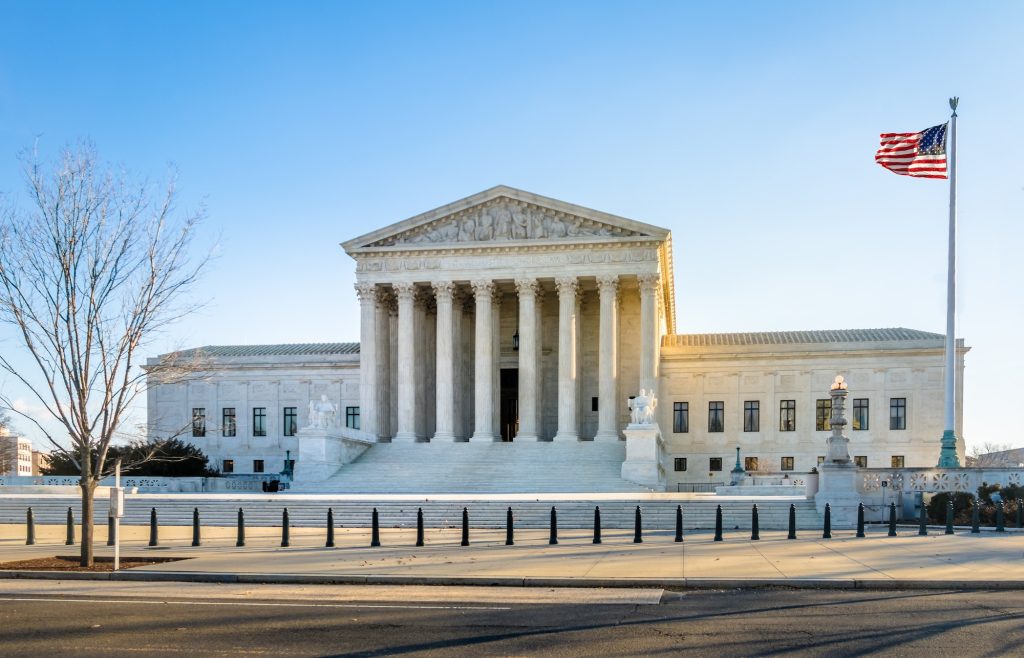US Supreme Court tackles state laws on social media moderation
As the court ponders the laws’ implications and their alignment with free speech principles, differing opinions emerge among justices.

The Supreme Court is reviewing two state laws from Florida and Texas that restrict how social media companies moderate content. These laws, designed to prevent content removal based on political viewpoints, have sparked intense debate. Florida’s law prohibits banning political candidates and content restrictions, while Texas’s law prevents removal or demonetisation based on user viewpoints.
The court is deliberating on the broad implications of these laws and their compatibility with the First Amendment and Section 230. While some justices express scepticism about the laws’ reach and potential impact on various online platforms, others show sympathy towards state arguments, questioning the nature of content moderation and whether it aligns with freedom of speech.
A definitive ruling could be reached before June, or the cases may be remanded to lower courts for further proceedings.
The Supreme Court faces the challenge of adapting First Amendment principles to the digital age, highlighting the pressing need for legal clarity in online content moderation.
Why does it matter?
The formulation of these laws by Republican lawmakers raises significant concerns regarding potential partisan motivations driving legislative action rather than a sincere commitment to ensuring fair content moderation. This situation uncovers broader questions about the integrity and transparency of the legislative process, particularly in regulating a space that wields increasing influence over political discourse.
